Studio Essentials: Linkwood
The Edinburgh-based producer runs us through five essentials in his studio.

Studio Essentials: Linkwood
The Edinburgh-based producer runs us through five essentials in his studio.
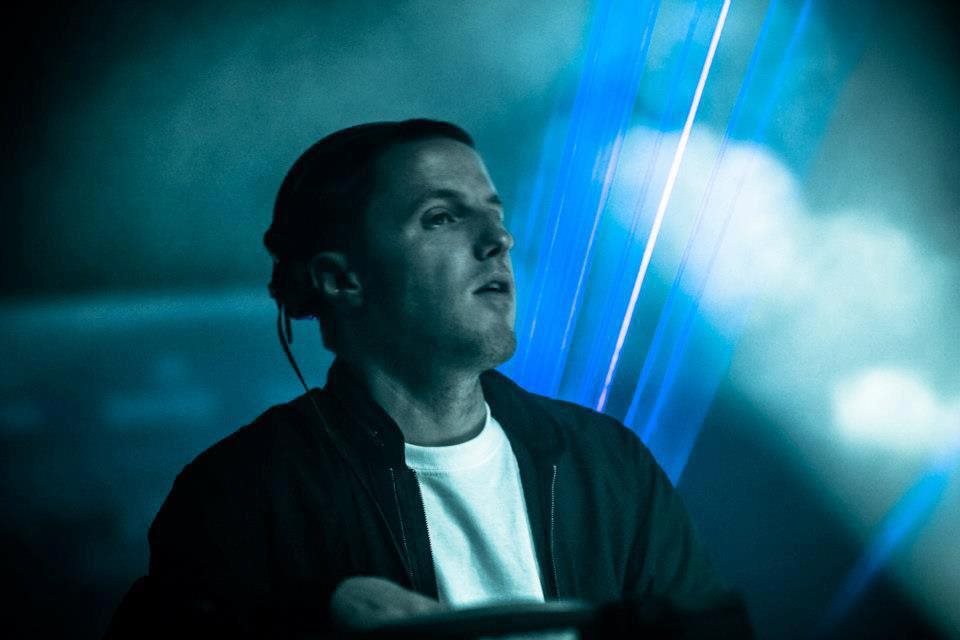
Linkwood‘s career as a producer can be traced back to 2003 when he released “Miles Away” via Scottish label Firecracker Recordings. The release, a three-track Various Artist EP, emerged with little fanfare, distributed exclusively by vinyl junkies out of Soho, and nothing more.
There has since been a string a further releases, including two LPs, the majority of which has been shared between Firecracker and its offshoot, Shevchenko. But output from Edinburgh-based DJ-producer is slow to say the least: there have been only four additions to his discography in the past five years, the last one of which dropped towards the back end of 2015. The reason for this is simple: quality over quantity. His most recent full-length took over three years to mould into a shape worthy of the public domain. “I feel no need to release records each week to get gigs over the world,” he continues. “I release records only when I’m happy with the music. It just so happens that this isn’t very often!”
And it would seem like a justifiable strategy. International demand for his DJ skills is high, and he has earned himself a solid and seemingly growing fanbase, all of whom share a common appreciation for the lo-fi, warm qualities of his productions. More material is on its way, although there are no specific details as to what this entails—but this alone is reason for excitement. With this in mind, we thought it would be a nice opportunity to discover the key studio tools behind his success.
AKAI MPC 4000
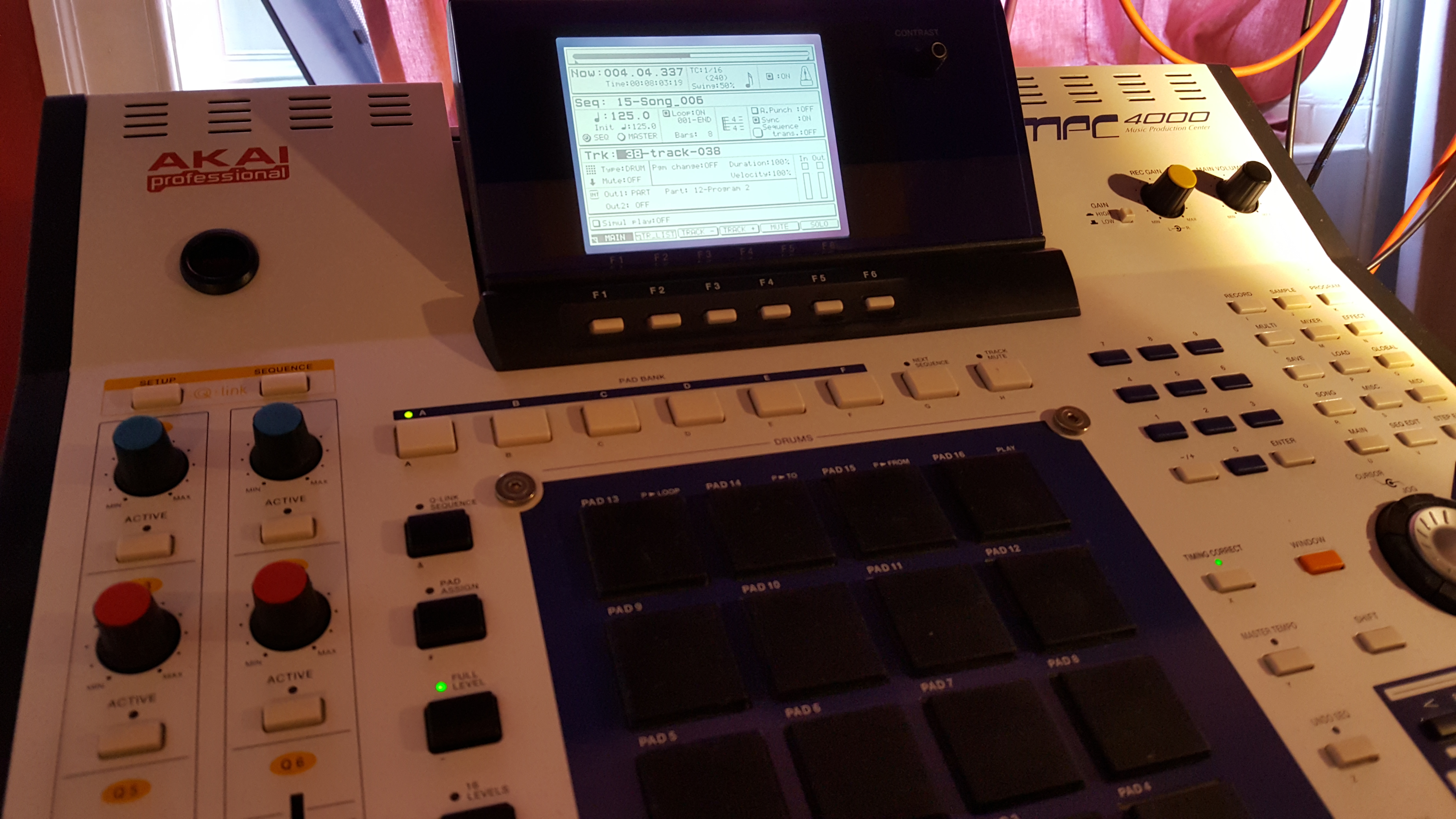
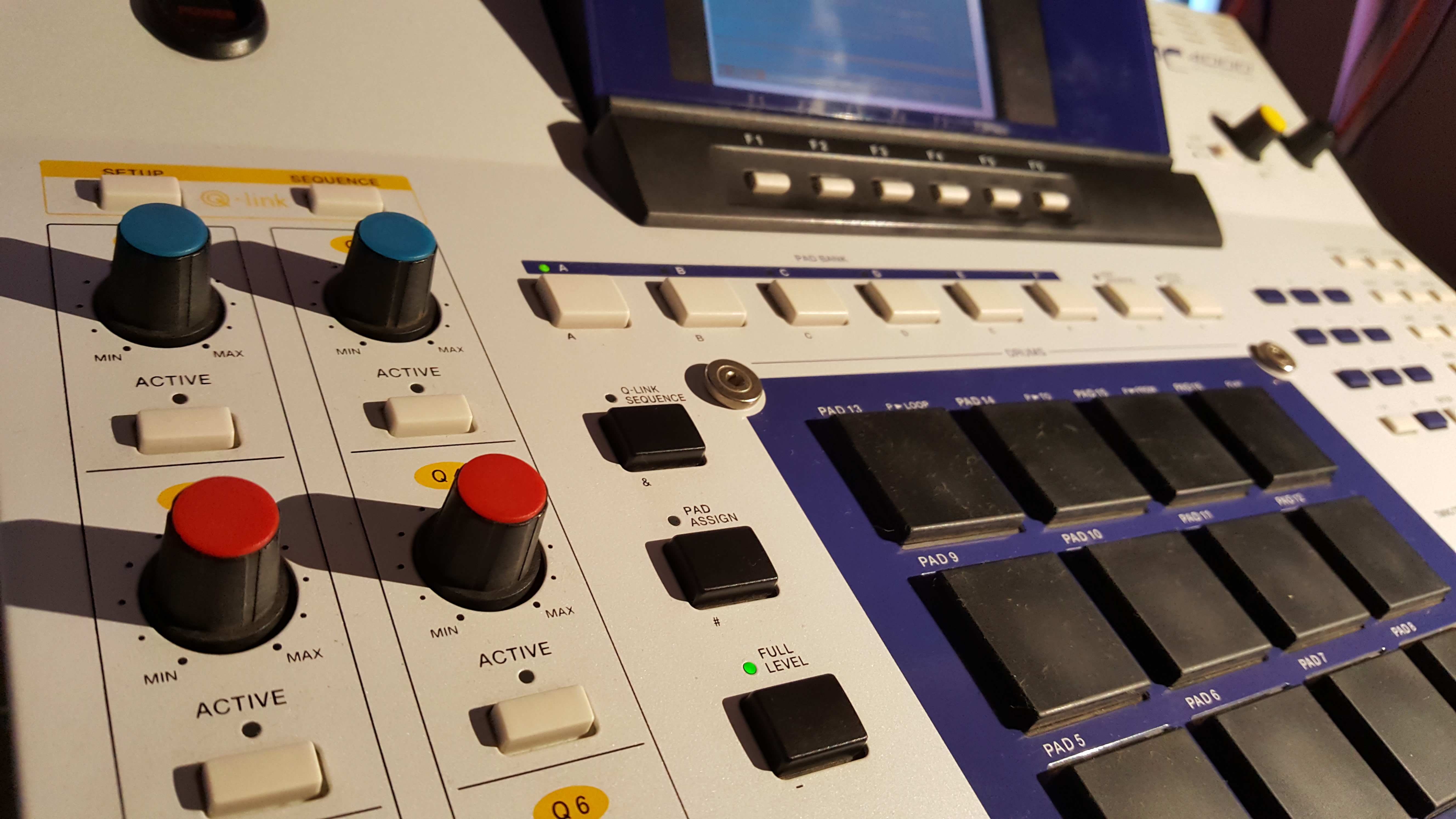
I only just got this last year. I had to sell my trusty AKAI MPC 60 MK2 and some other choice bits—including my E-MU SP12 and Roland TR-808—when times were hard. That hurt, as I’d done most of my output to date with those machines, though now I’ve moved on! It had taken me ages to find the right MPC 4000 in the UK, as they were pretty much a flop over here (whereas in the States the hip-hop guys loved them).
Do I like it as much as my old 60 MK2? No, but it’s a beast and it syncs perfectly, so it’s staying! I was hoping that because it’s a full-blown sampler inside, I wouldn’t need my old E-MU Rack Sampler anymore; however, it can’t do some things that E-MU can (mainly in the mod matrix).
I’ve always been an MPC-head, and this one has now become the central hub of my studio: everything is hooked up to it, so I guess it is essential!
Innerclock Systems Sync-Lock
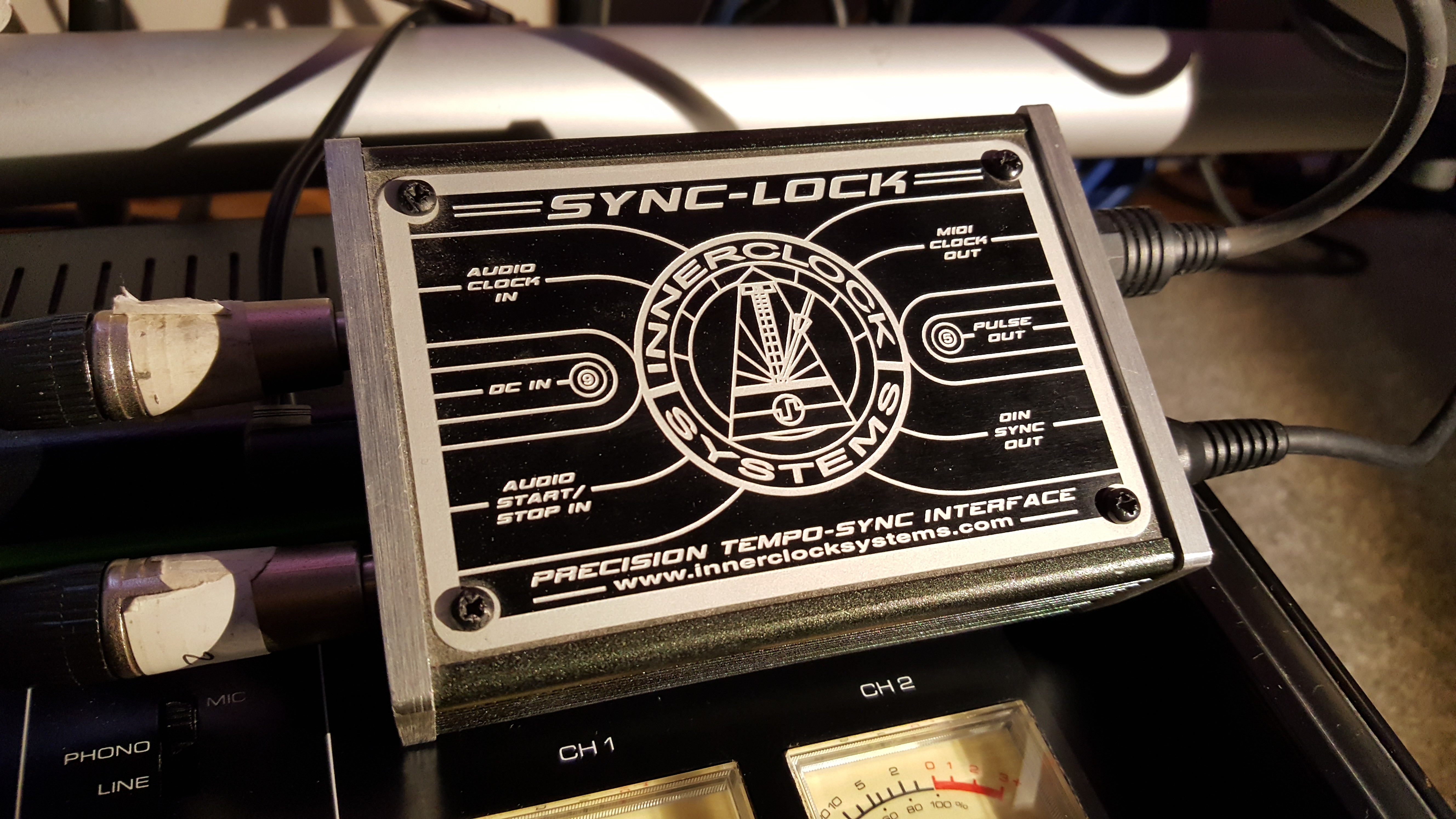
This was an answer to my prayers, and probably the most important thing I’ve bought for my studio in years. Ever since I moved on from the Atari way back when, I’d never quite managed to get that same feel when all my gear was synced up to my computer.
It was nice to know I wasn’t alone, as this guy working for Innerclock Systems over in Sydney was designing this box of tricks to solve that issue. I think I was one of the earliest folk to jump on it and I’ve told so many people to check it out since. It’s funny—I could actually send my unit back to Australia to get it updated, but I can’t be without the thing. To cut a long story short, it provides stable MIDI clock from your D.A.W. (a phrase that I really dislike), so it is also essential in my studio!
Roland Juno-106
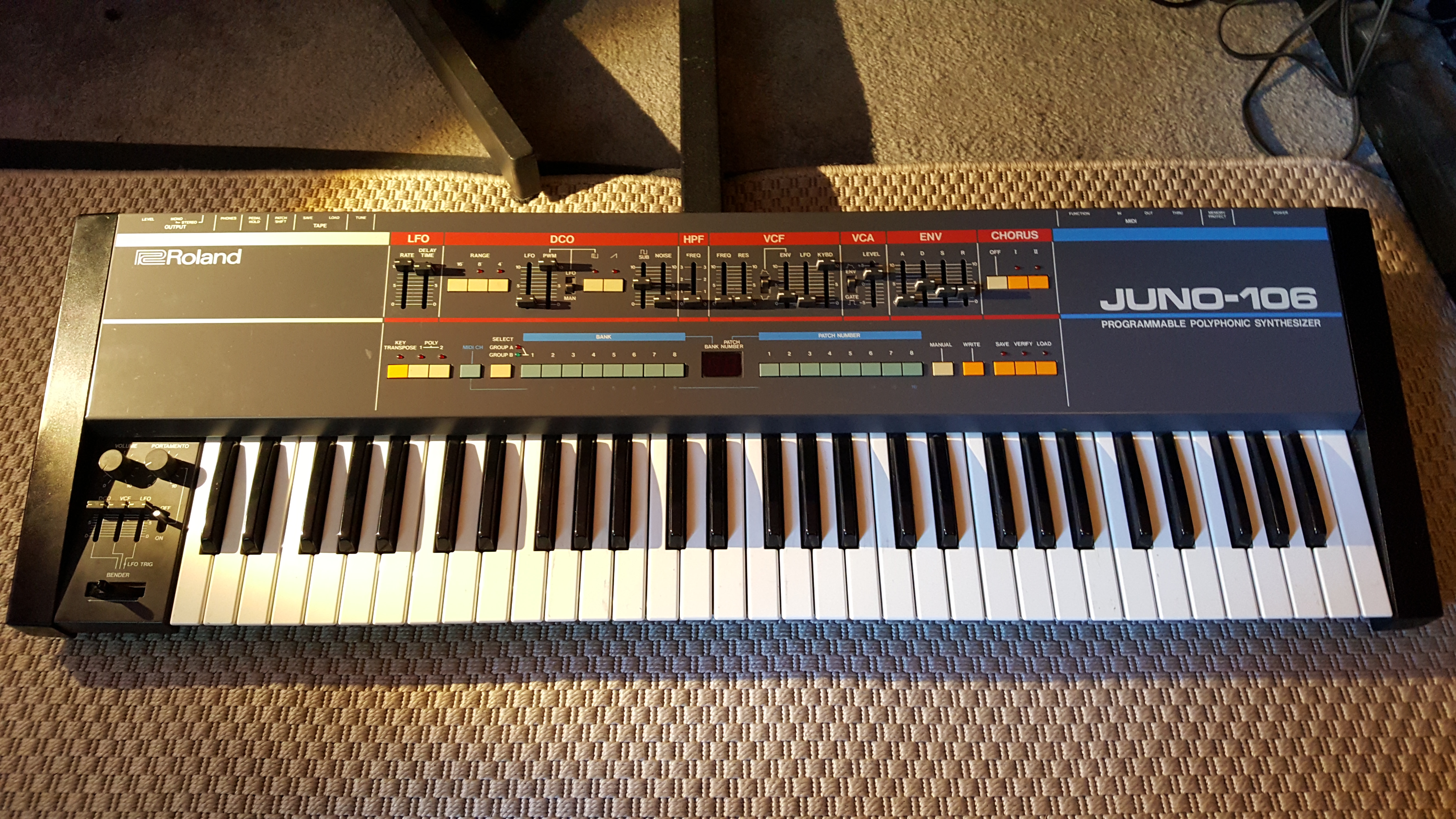
I got this off a guy in Glasgow many moons ago for £150, and I can safely say it has been used on every tune I’ve done since. There are way better synths out there, but the Juno-106 has a sound and a richness to it that I love dearly (something that I am obviously not alone in).
One of my goals when making a track (which I don’t achieve very often), is to only use one sound: to make one synth sing. The Juno is great for this, and I’d be totally lost without it, so it goes on the list.
ADR Compex
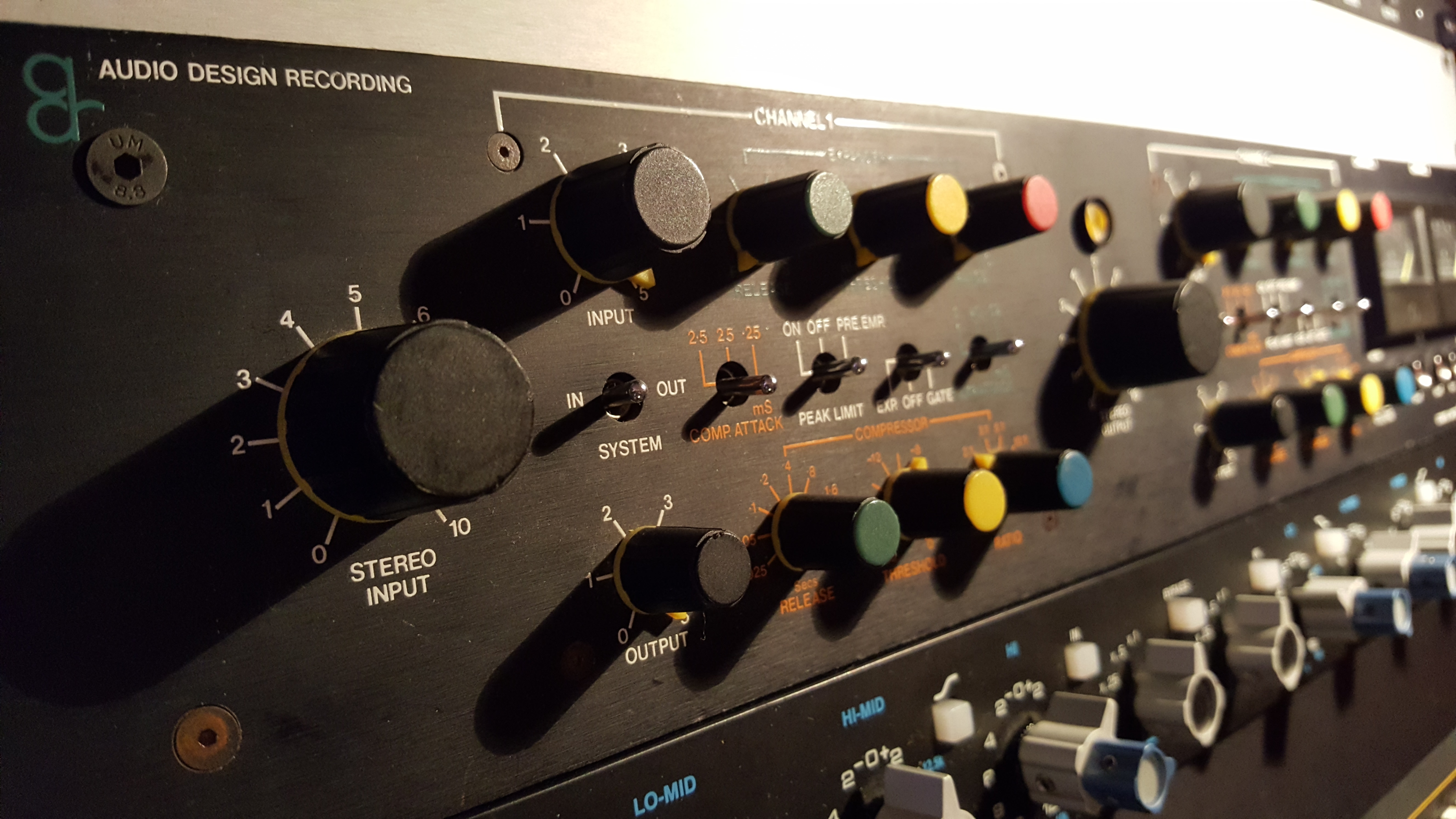
I’d say that this is definitely an essential part of my sound, as it sits on my Mixbus permanently. It’s an amazing sounding British compressor, complete with transformers on the outputs. It’s become really expensive these days, and for a reason.
It was most famously used on the drums in Led Zeppelin’s “When the Levee breaks,” but I love using it on a whole mix. It was actually made the year I was born, back in the ‘70s, and every time I turn it on I’m thankful when it lights up (a bit like when I wake up in the morning).
Aerobie Aeropress Coffee Maker
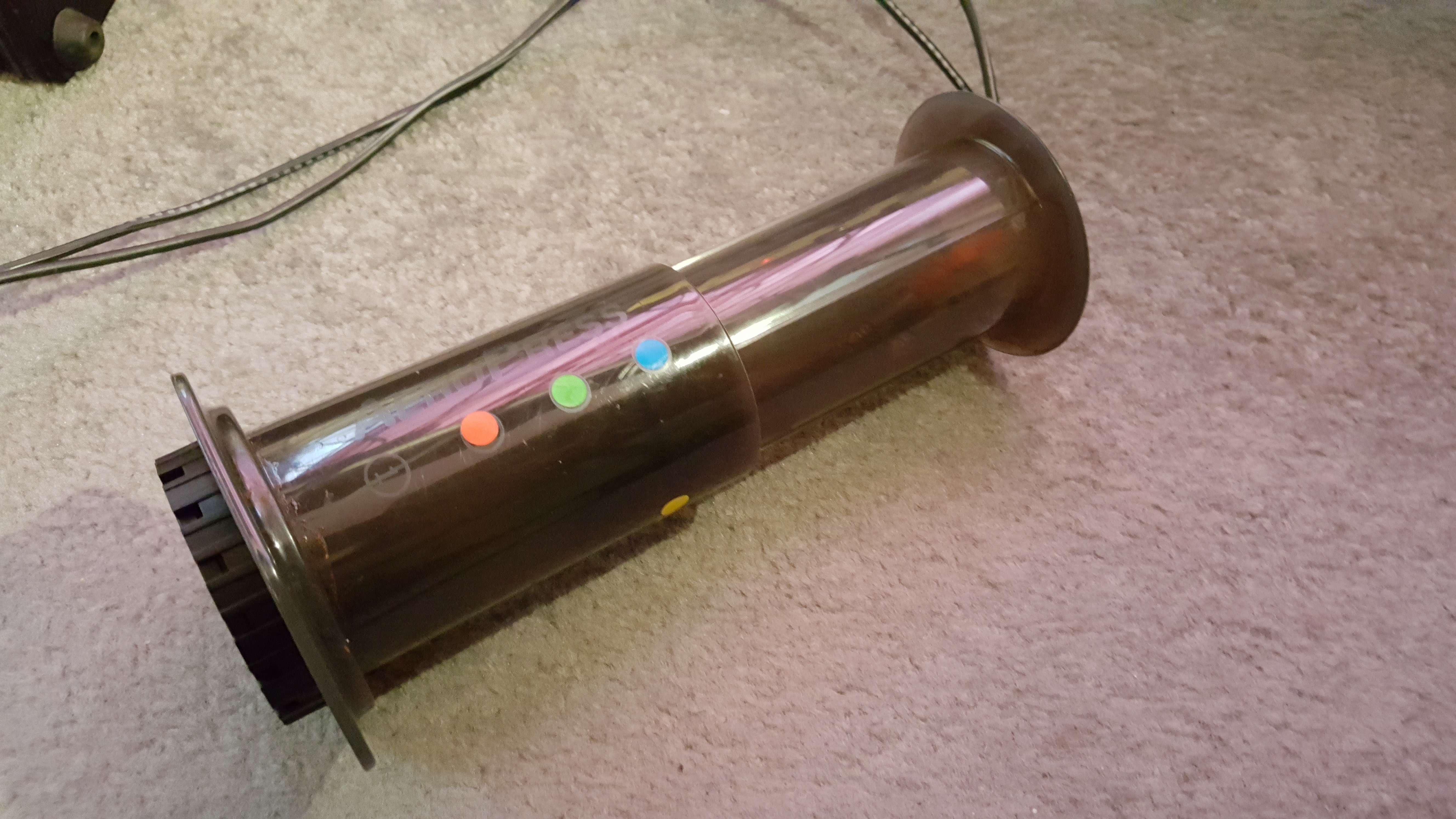
The Aerobie Aeropress compresses like nothing else in my studio! My brother bought it for me for Christmas a few years ago and I use it every day. What’s a studio without good coffee?
You can catch Linkwood in London this weekend at Found Festival. More information here.

